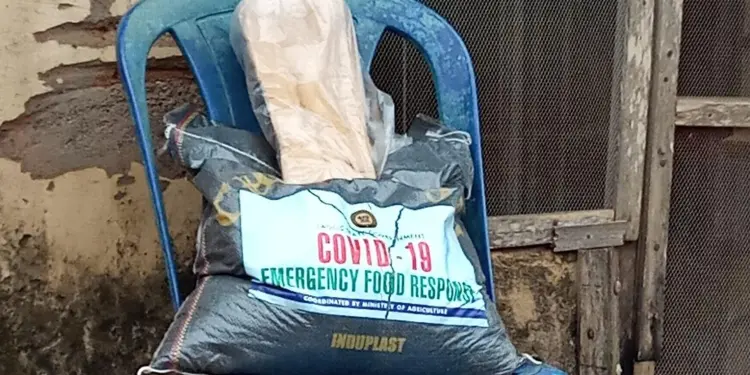COVID-19 pandemic has continued to hamper Nigeria’s social and economic life. This is according to a recent report from the National Bureau of Statistics. The report titled COVID-19 Impact Monitoring (May 2020) reflected that the pandemic poses serious health and financial threats to many Nigerians and has a devastating impact on employment and income in the country.
Due to the restrictive measures that followed, many Nigerians stated that they could not access basic food supply during the period of the lockdown.
From the survey that preceded the report, 42 percent of respondents who were working before the outbreak of the pandemic had stopped working. Although the poorest households were the worst hit of the employment crises, the wealthy household also had a share. 45 percent of the poorest household documented job loss. Also, 39 percent of the wealthy household also lost their jobs.
The pandemic also distorted the access of Nigerians to basic needs. Between 35 and 59 percent of those survey reported that access to staple food such as yam, rice, and beans was distorted due to the pandemic. Some households had difficulty with the supply of medical needs. According to the report, 26 percent of the households who needed medical care were unable to access treatment.
Households also reported increases in the price of major food items and business inputs. 85 percent of the household survey reported that food prices went up. Also, 46 percent of the respondents stated that the price of farming and business inputs was on the high side due to the pandemic. 29 percent noted that the outbreak disrupted farming activities.
Another area of impact of the pandemic is on education and school closure has denied many children the opportunity to learn. 38 percent of households with children who attended school before the school closure reported that children did not engage in learning/education activities. 81 percent reported that they have not had contact with children’s teachers since schools were closed.
Since the outbreak of the pandemic, there have been indications of its adverse effect. To salvage the situation, the Nigerian government has been urged to provide business reliefs and provide cash reliefs for the most vulnerable. Also, the government has been urged to provide critical infrastructure to ease business resumption. Monetary policy readjustments have also been proposed.
Beyond these, the government may also consider providing food subsidy and providing incentives for agricultural production. This would help reduce the price of food, ensure the availability of food, and meet the needs of the most impacted households in the country. Also, to meet the learning needs of school children, radio learning can provide an alternative pending the time schools are safe to reopen.


